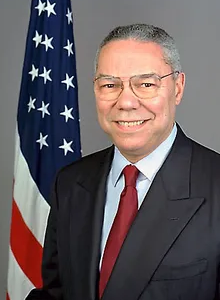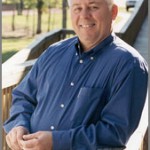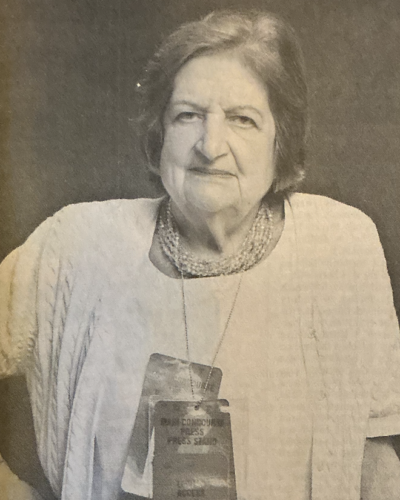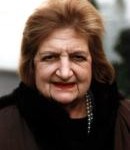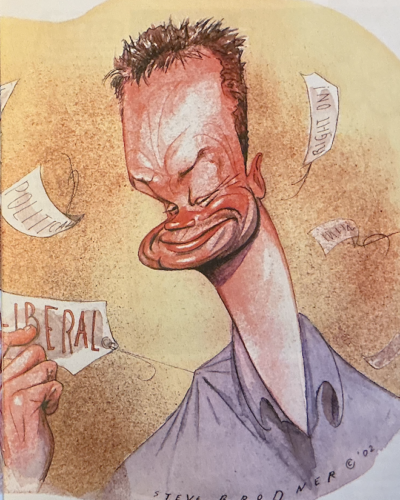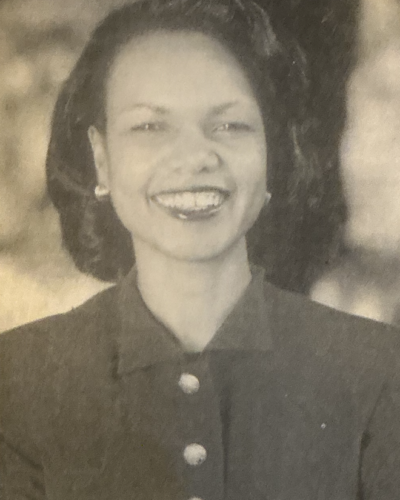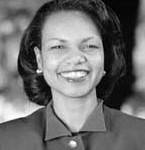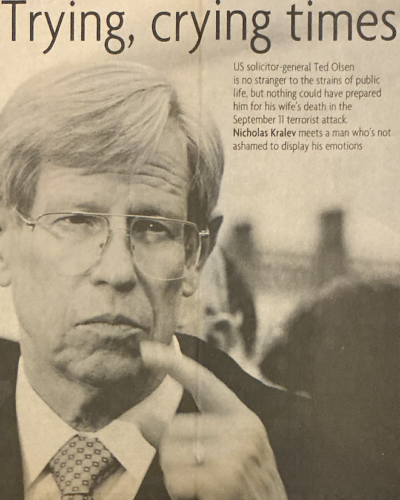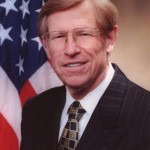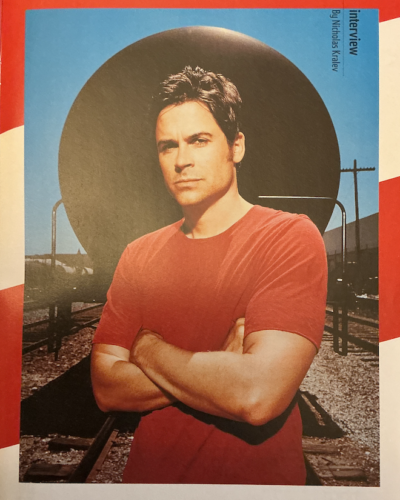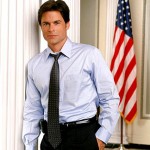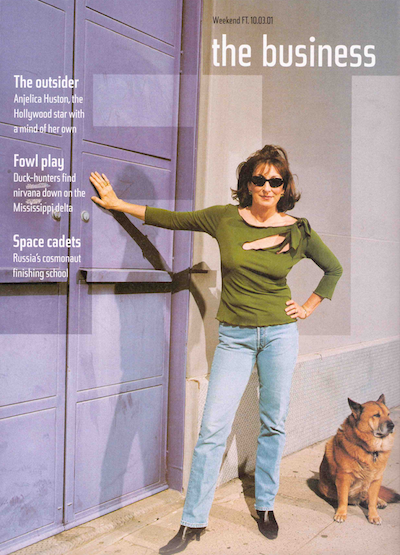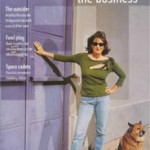Ups and downs of diplomatic life
Carol Hazzard was a 20-year-old secretary at the University of Buffalo in 1969, but the life she dreamed about was far removed from the monotony of upstate New York. “My only goal in life was to travel and see the world,” she recalled recently.
One night, her mother asked her to go to the corner grocery store for some milk, and on her way there, she ran into her old high-school basketball coach, who was working as a flight attendant for Eastern Airlines.
Ms. Hazzard thought such a job would help her realize her dream of traveling. But the former coach was not enthusiastic about recommending her new profession to others. Instead, she advised Ms. Hazzard that she could see the world while continuing to work as a secretary…


